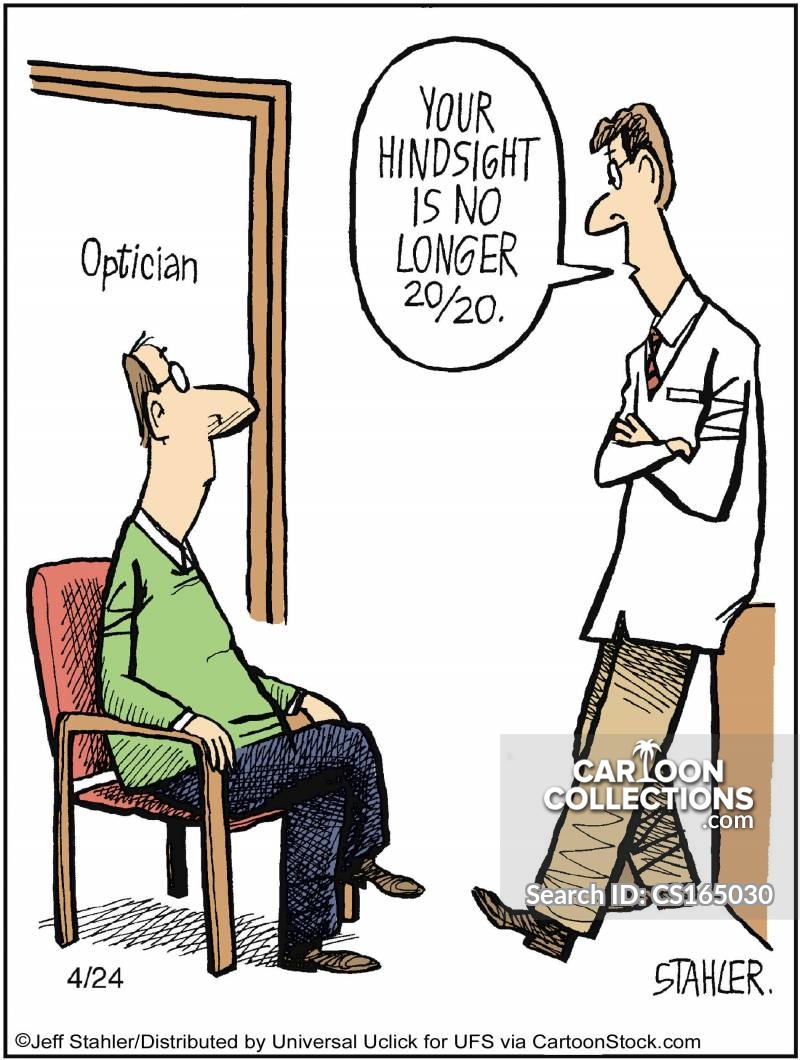
“Motivational Interpretations of Hindsight Bias: An Individual Difference Analysis,” Journal of Personality 51, 605–620.Ĭasper, J., Benedict, K., and Perry, J. “Second-Guessing the Jury: Stereotypic and Hindsight Biases in Perceptions of Court Cases,” Journal of Applied Social Psychology 20, 1112–1121.Ĭampbell, J.D. “Eliminating the Hindsight Bias,” Journal of Applied Psychology 73, 305–307.īodenahusen, G. (1993).“Evaluation of auditor decisions: Hindsight bias effects and the expectation gap,” Journal of Economic Psychology 14, 711–737.Īrkes, H., Faust, D., Guilmette, T.

Observed primary bias may therefore often be rational.Īnderson, J., Lowe, D.J., and Reckers, P. They reassess only in situations in which they are unable to assess prior probabilities or when given information that the outcome was not simply a result of sampling or chance but the result of an imperceptible feature of the initial situation. In our experiments, we find that when people can readily calculate the actual ex ante probability of an outcome, they don't reassess that probability when told what outcomes actually occurred. A subject exhibits primary bias when she assigns a higher ex ante probability estimate to actual outcomes, secondary bias when she believes that she herself would have made the same estimate of the prior probability of an event before receiving outcome information as she made after receiving it, and tertiary bias when she believes that third parties lacking outcome information were unreasonable if they did not make the same prior probability judgments that subjects now possessing such information make. Traditional accounts of “hindsight bias” inadequately distinguish “primary” hindsight bias from both “secondary” and “tertiary” hindsight bias.


 0 kommentar(er)
0 kommentar(er)
